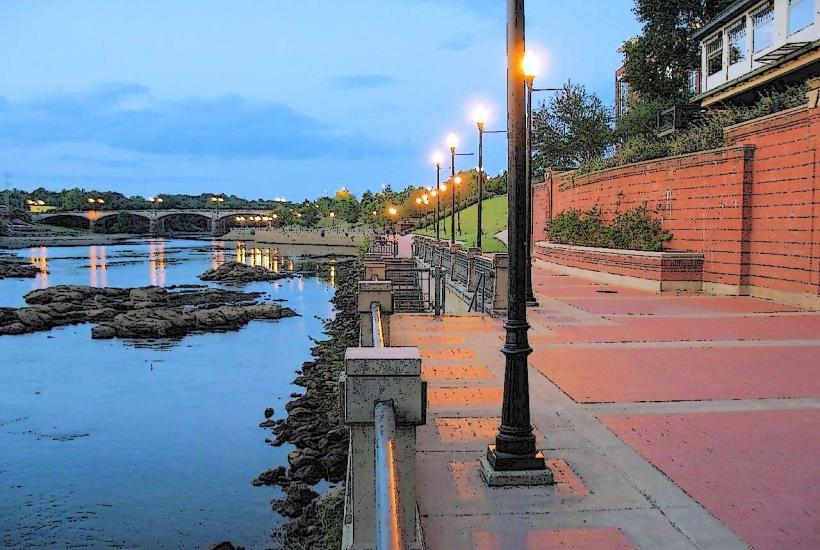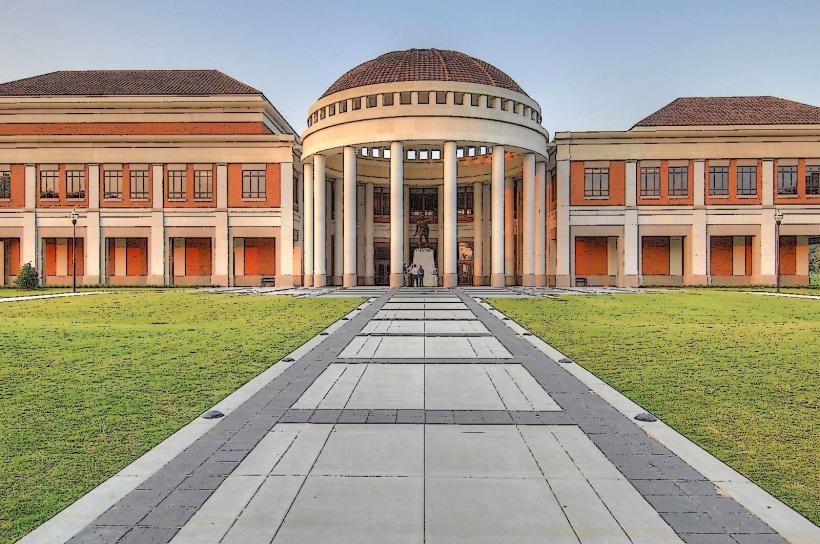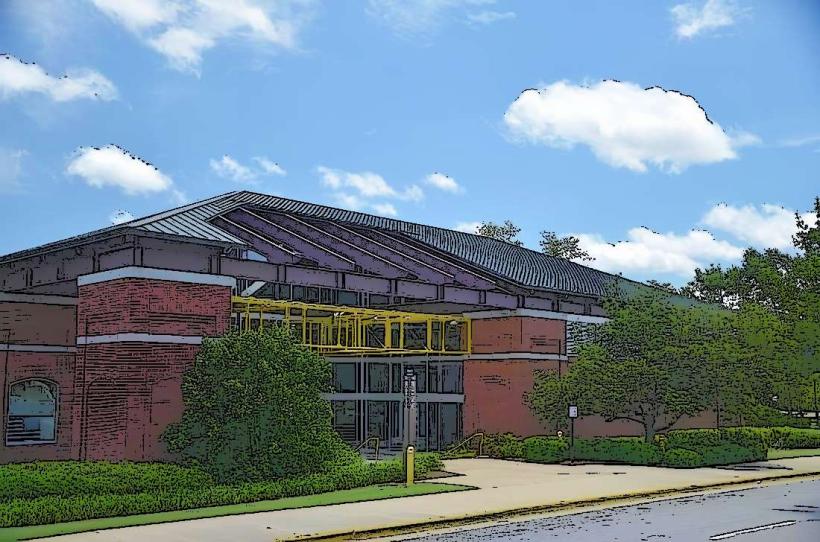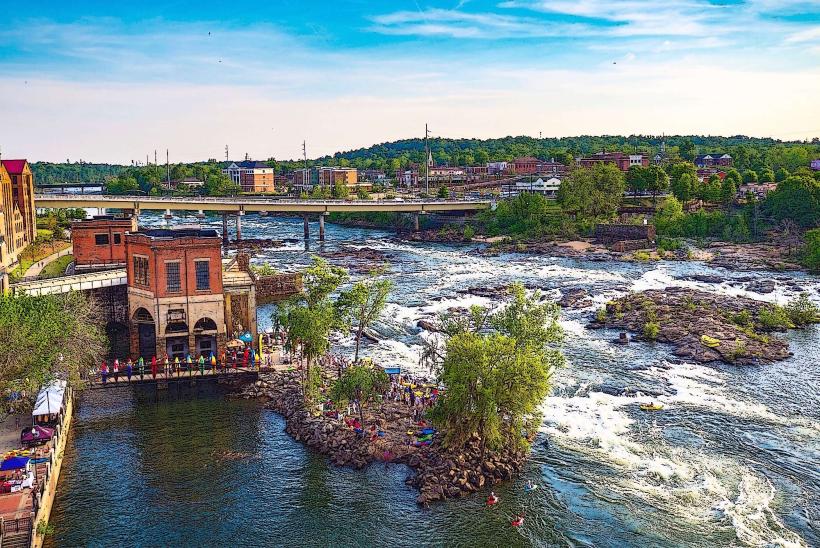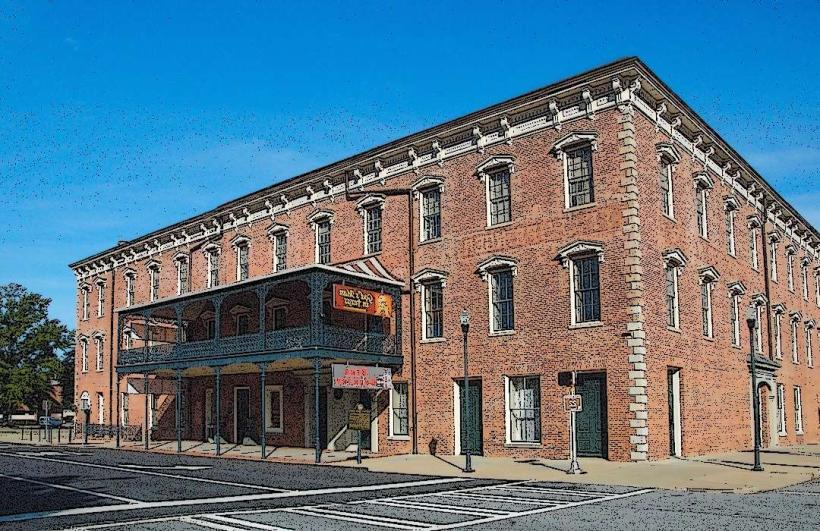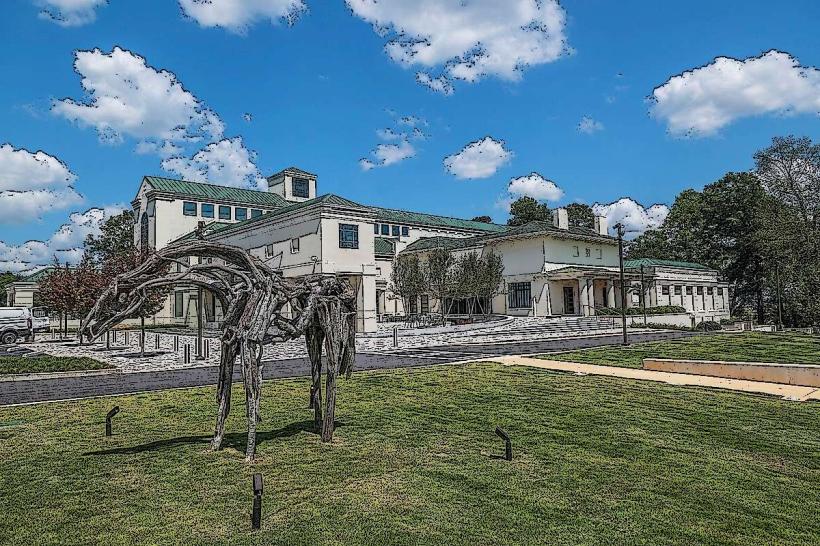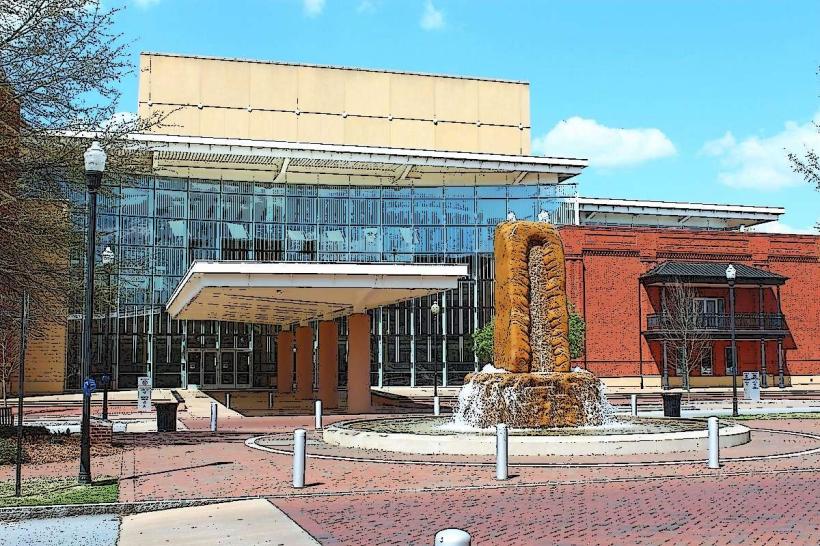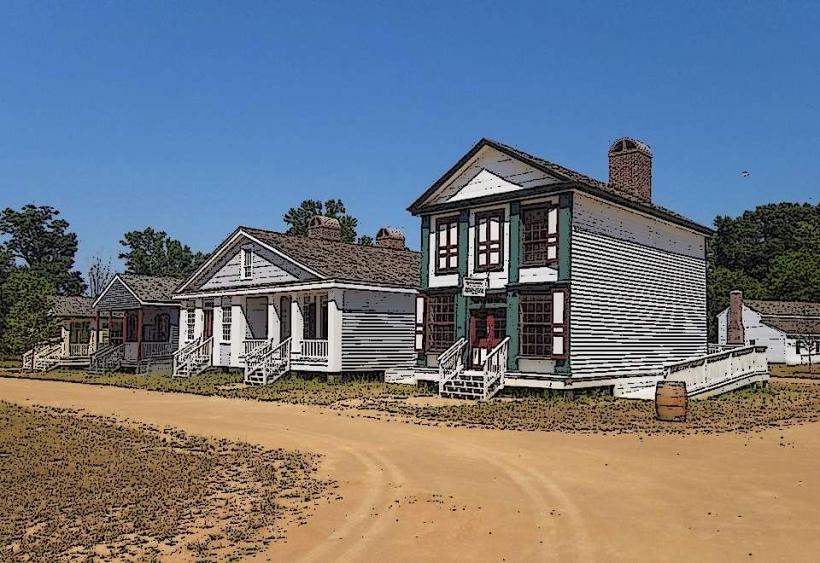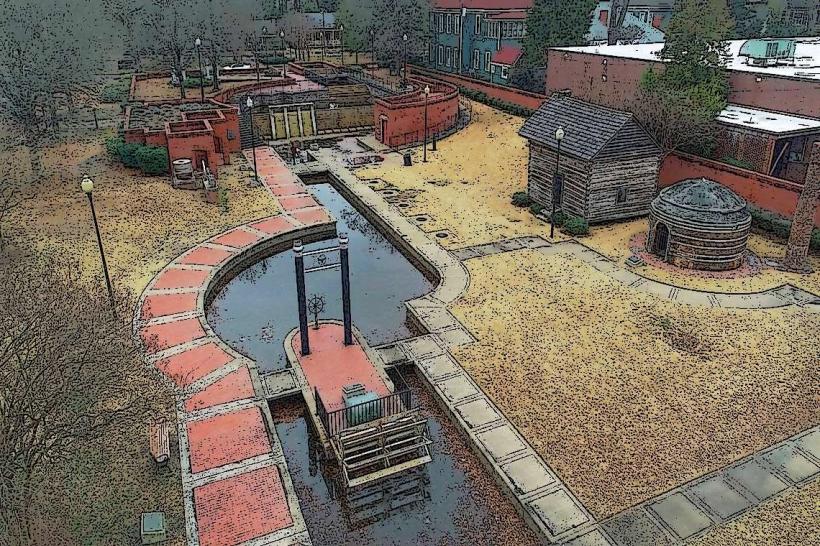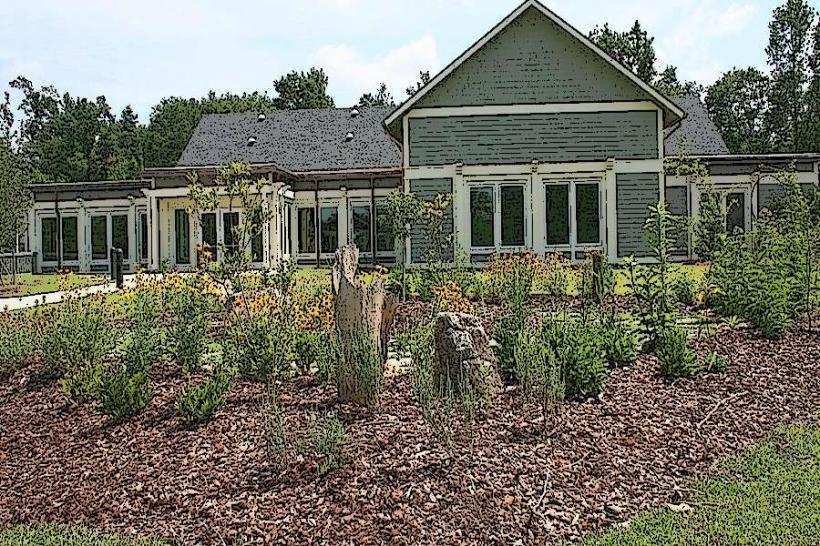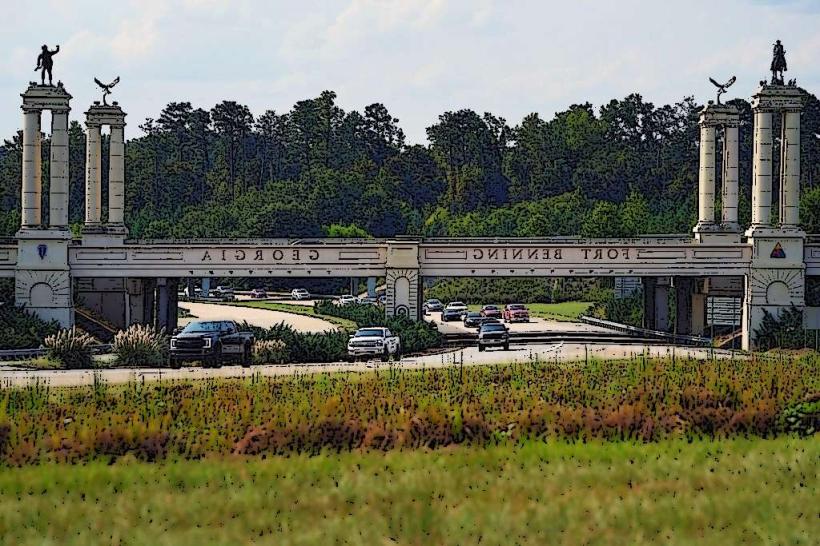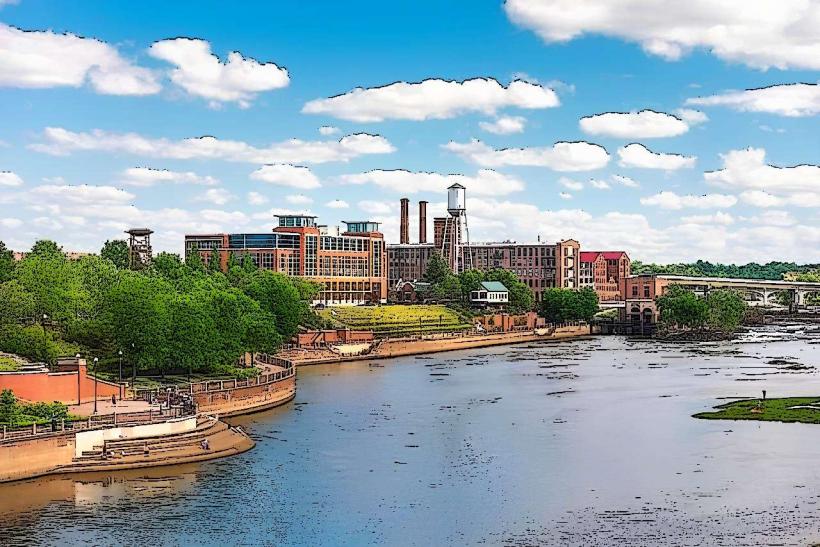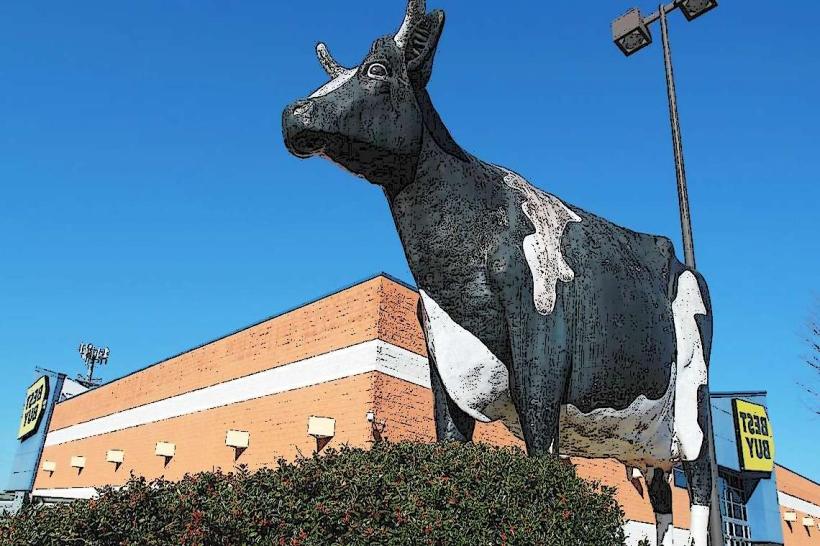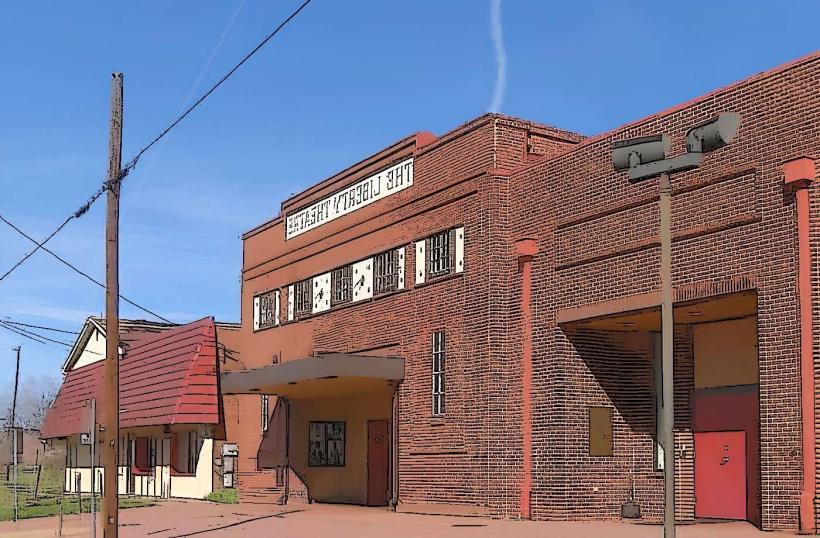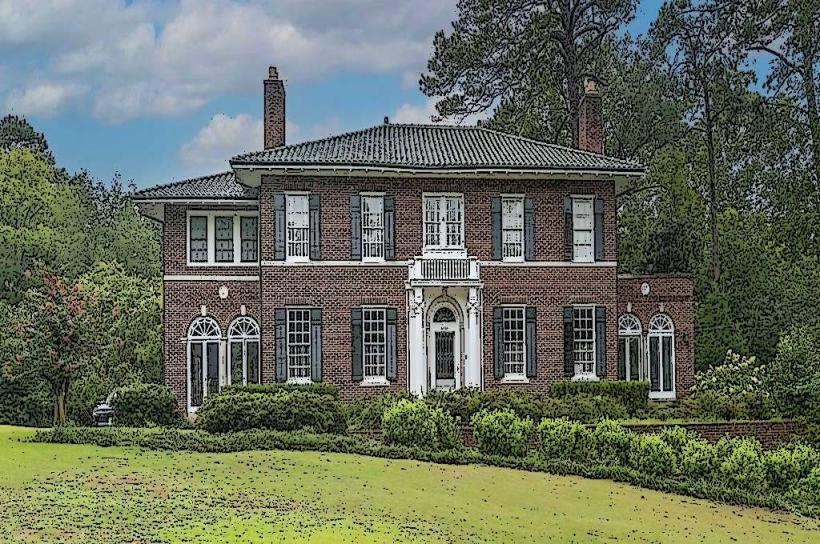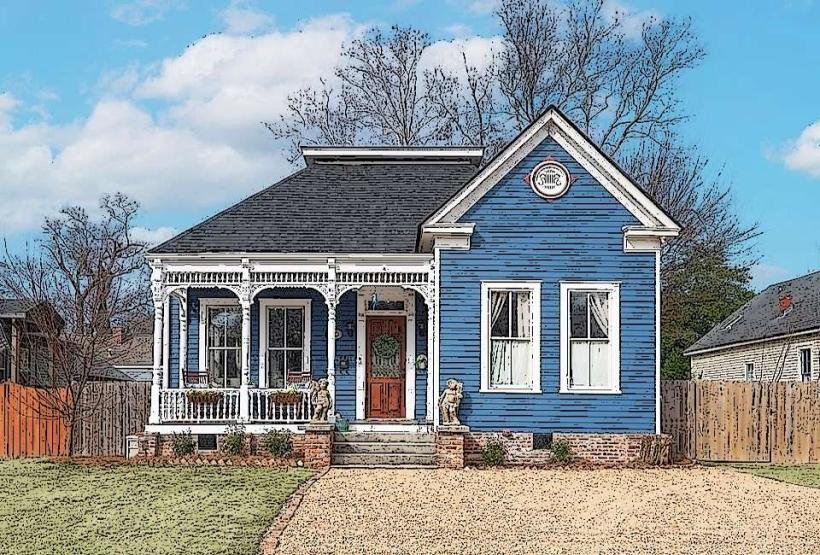Information
Landmark: Linwood CemeteryCity: Columbus City
Country: USA Georgia
Continent: North America
Linwood Cemetery, Columbus City, USA Georgia, North America
Linwood Cemetery is a historic burial ground located in Columbus, Georgia. It serves as a significant example of 19th-century rural cemetery design.
Visual Characteristics
The cemetery covers approximately 27 acres. It features a mix of mature trees, including oaks and magnolias, providing significant canopy cover. Gravestones vary in material, with granite and marble being common, displaying a range of inscriptions and sculptural elements. The terrain is gently rolling.
Location & Access Logistics
Linwood Cemetery is situated at 1020 11th Avenue, Columbus, Georgia. It is approximately 1.5 miles southwest of the downtown Columbus area. Access is via 11th Avenue. Parking is available on-site within designated areas. Public transport options include the Columbus Transit bus line 4, which stops within a quarter-mile of the main entrance.
Historical & Ecological Origin
Established in 1849, Linwood Cemetery was designed by architect John Notman. Its original purpose was to provide a more organized and aesthetically pleasing burial space for the growing city, moving away from crowded churchyards. Ecologically, it is a mature woodland habitat supporting local flora and fauna.
Key Highlights & Activities
Visitors can observe historical grave markers, including those of Confederate soldiers and prominent local figures. Self-guided walking tours are possible throughout the grounds. Photography of the statuary and landscape is permitted.
Infrastructure & Amenities
Restrooms are available near the main office building. Shade is provided by mature trees. Cell phone signal (4G/5G) is generally consistent throughout the cemetery. No on-site food vendors are present; visitors should plan accordingly.
Best Time to Visit
For optimal lighting for photography, early morning or late afternoon is recommended. The months of April, May, October, and November offer the most pleasant weather conditions, with moderate temperatures and lower humidity. No tide considerations apply.
Facts & Legends
A notable feature is the "Confederate Circle," a section dedicated to soldiers who died during the Civil War. Local lore suggests that the spirit of a former groundskeeper can sometimes be seen tending to the graves after dark.
Nearby Landmarks
- Columbus Riverwalk (1.2km East)
- National Civil War Naval Museum at Columbus (2.1km Southwest)
- Springer Opera House (1.8km Northeast)
- Iron Works Park (1.5km East)

